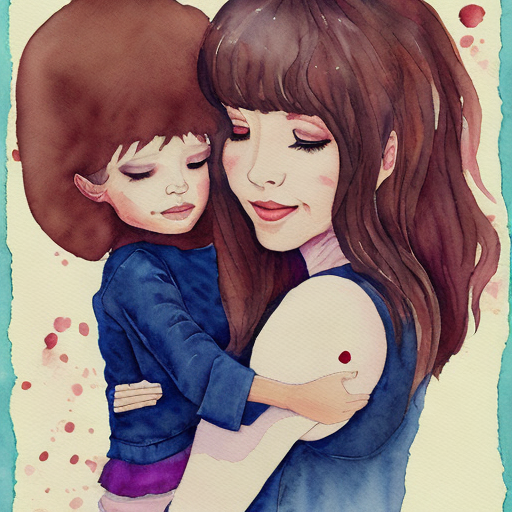Introverts possess unique qualities that shape their interactions with the world, including their relationships with family members. While introverts may have a preference for solitude and introspection, they still value strong connections with their loved ones. In this blog post, we will explore the dynamics of introverts’ relationships with family members and provide practical tips for introverts to enhance these connections.
- Understanding Introversion
To lay the foundation for better family relationships, it’s crucial to understand introversion. Introverts derive energy from within, often requiring periods of solitude for reflection and recharging. They tend to be thoughtful observers, preferring deep conversations over small talk. Recognizing these traits will help both introverts and their family members appreciate the unique perspective introverts bring to family dynamics. - Communication and Empathy
Effective communication lies at the heart of any strong relationship. Introverts can foster understanding by expressing their needs and preferences openly while actively listening to their family members’ perspectives. By encouraging empathetic conversations, introverts can create safe spaces where everyone feels heard and valued. - Quality Time and Boundaries
Introverts thrive on quality time spent with loved ones, but they also require personal space to recharge. Balancing these needs can be achieved by setting boundaries and establishing designated alone time. Communicating these boundaries respectfully and finding a middle ground will help introverts strike a healthy balance between family engagement and self-care. - Finding Common Ground
Shared interests and activities can bridge the gap between introverts and their family members. Exploring common hobbies, engaging in meaningful discussions, or participating in collaborative projects can create opportunities for connection and bonding. Introverts can contribute their unique insights and perspectives to enrich these shared experiences. - Celebrating Differences
Introverts and extroverts often have contrasting communication styles and social preferences. Recognizing and respecting these differences is crucial for fostering understanding and minimizing conflict within families. Emphasizing the value of diversity and promoting open-mindedness can lead to stronger relationships built on acceptance and harmony.
Introverts possess remarkable qualities that can enhance their relationships with family members. By understanding introversion, practicing effective communication, setting boundaries, finding common ground, and celebrating differences, introverts can forge deeper connections with their loved ones. Remember, it’s a journey that requires patience, empathy, and mutual understanding. Let’s embrace the unique strengths of introverts and create harmonious family dynamics that nurture and support everyone involved.
